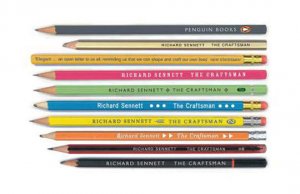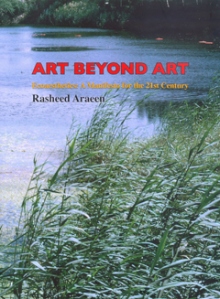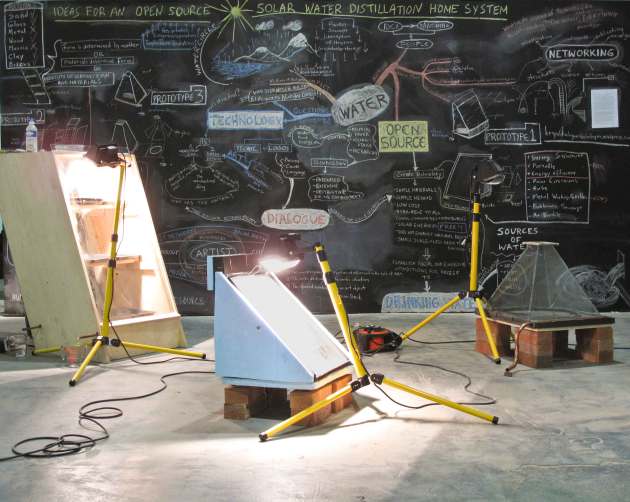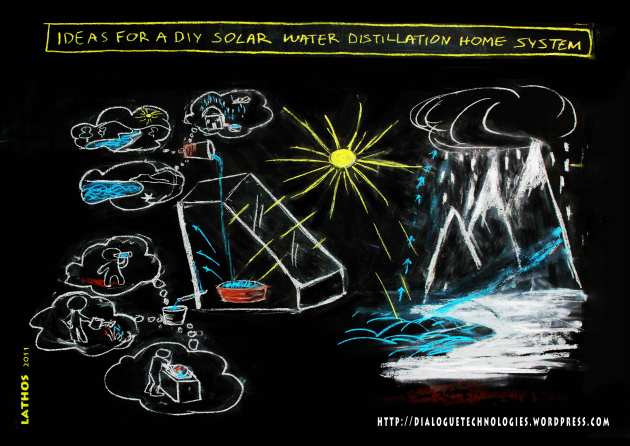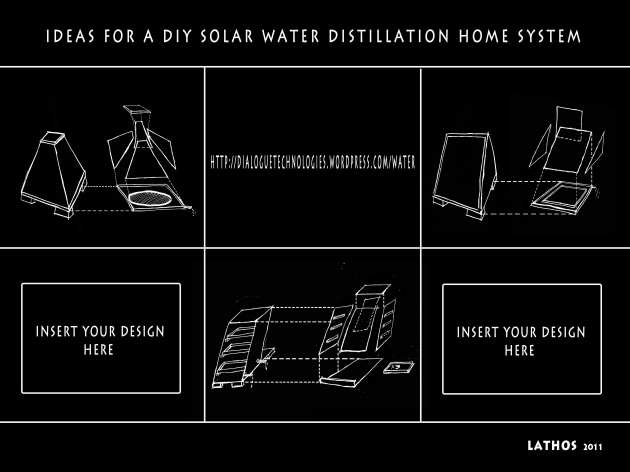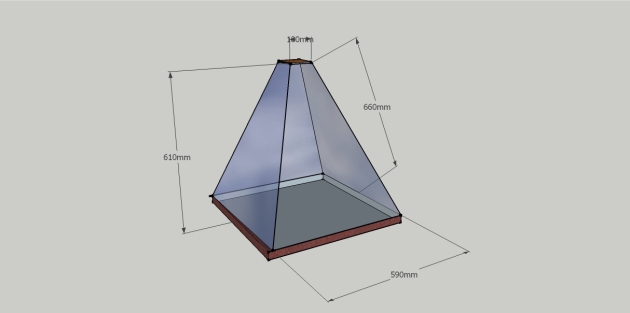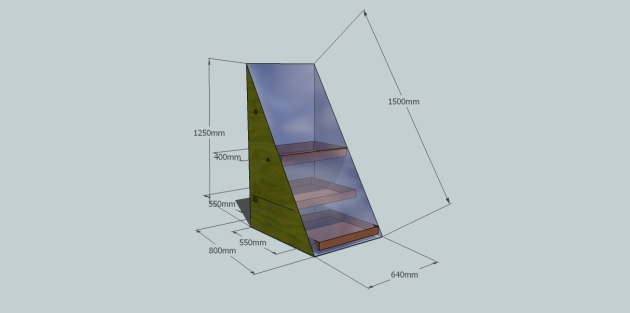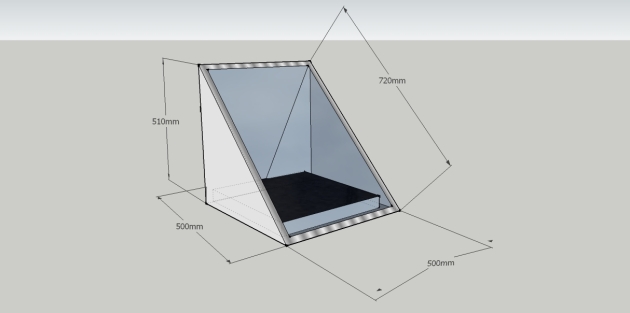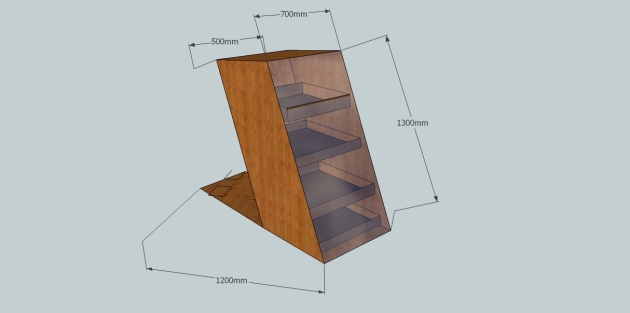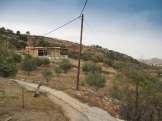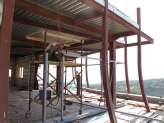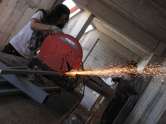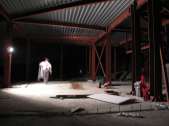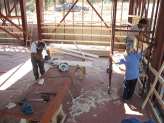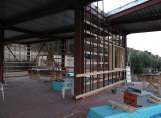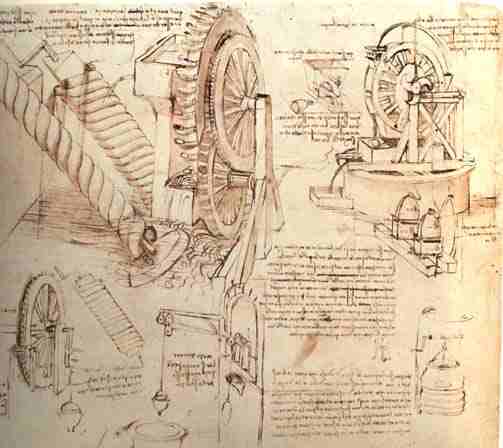Reading Loop “occursus”
June 8, 2011 Leave a comment
This week’s Reading Loop postponed!
June 7, 2011 by PlastiCités Leave a Comment
Due to unforeseen circumstances, Reading Loop will *not* be taking place this week.
Apologies for any inconvenience this may cause!
We’ll reconvene to look at the texts by Richard Sennett and Rasheed Araeen on Wednesday June 15th, 6pm, Site Gallery Canteen.
You may like to take a look at Eve and Christos’ blog (https://dialoguetechnologies.wordpress.com) ahead of this session, which we’re really pleased they’re going to be leading.
Filed under Reading Loop
Reading Loop, 8/6/2011
June 3, 2011 by PlastiCités Leave a Comment
The next reading loop will take place on Wednesday June 8th, 6pm, at the Red Lion pub, 109 Charles St, Sheffield, S1 2ND. For a map, please click here.
The texts (by Rasheed Araeen and Richard Sennett) have been chosen by Eve Michelaki and Christos Christodoulopoulos, who will lead the session. If you would like copies, please email sheffieldseminars@gmail.com
The session will develop our current interrogation of the relationship between art and politics, which we hope will lead to a publication in the not-too-distant future.
